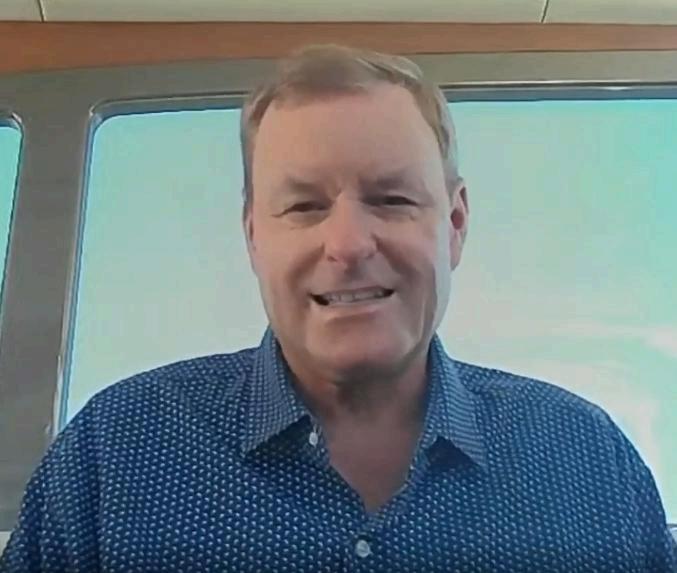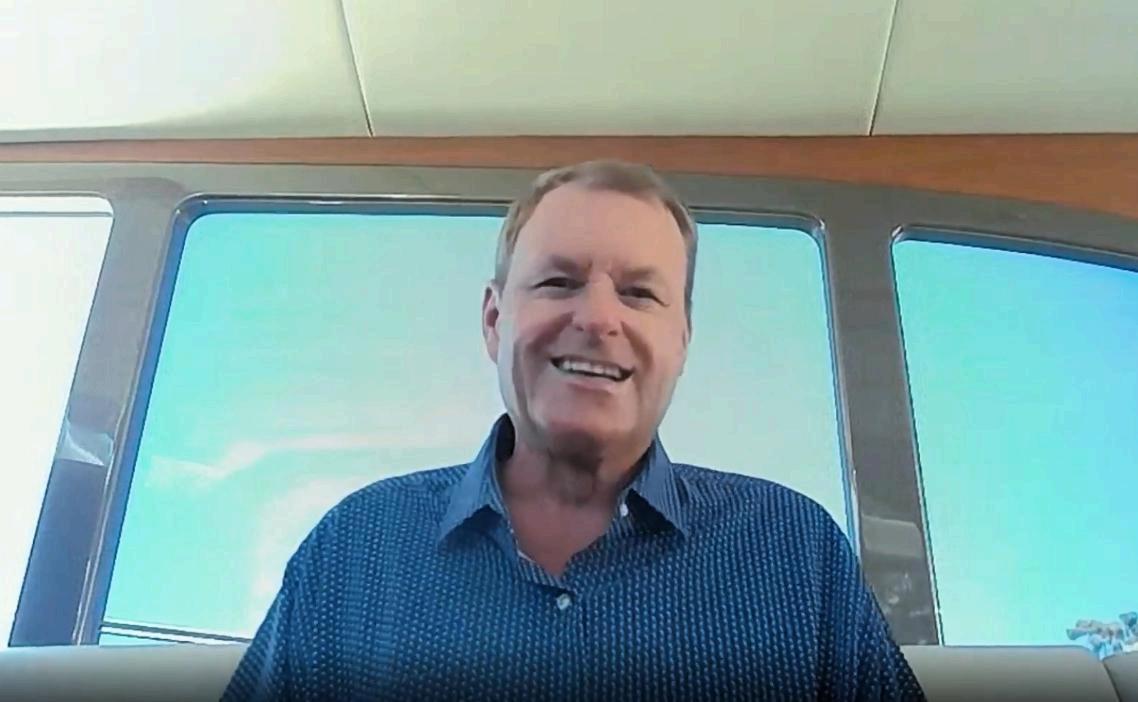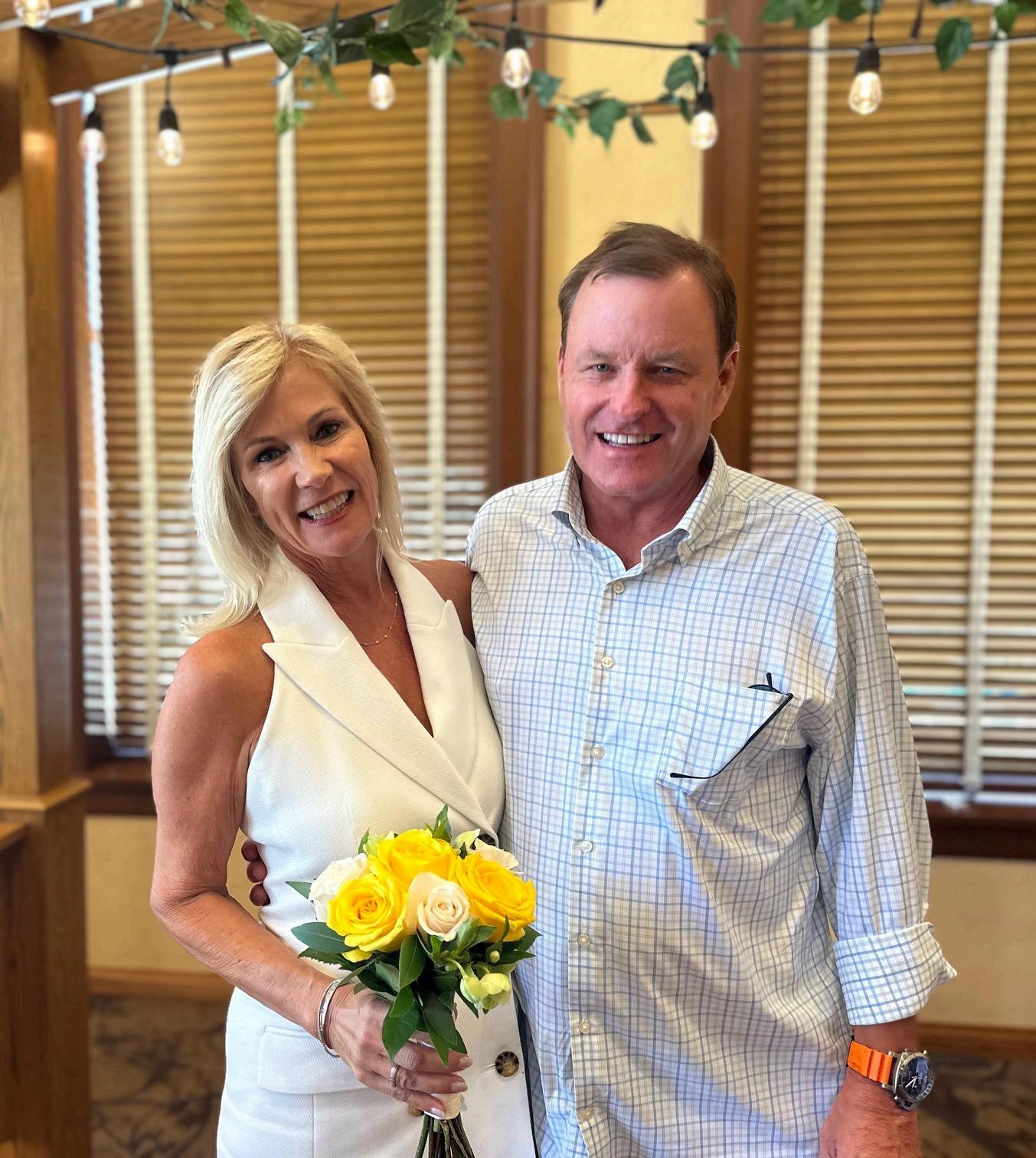Leading with Purpose: Building Resilient Growth Through Vision and Trust

Devin Doyle believes that sustainable business growth doesn’t happen by chance; it stems from intentional, purpose-driven leadership that balances strategy with empathy Leaders who guide organizations through evolving challenges and changing markets understand that growth is not merely about scaling fast, but scaling wisely. They focus on building structures that last, empowering teams that innovate, and fostering cultures that adapt It’s this combination of foresight, authenticity, and resilience that defines truly effective leadership
At the heart of purposeful leadership is clarity of vision When a leader knows where the organization is headed and why, they provide more than just direction; they give meaning to every action taken along the way This vision must be rooted in the company’s values and mission, yet flexible enough to adapt to new opportunities or unforeseen risks A clear,
compelling vision acts like a compass, helping both executives and frontline staff stay aligned amid complexity.
Trust is another cornerstone of effective leadership. Leaders who cultivate trust create psychological safety within their teams, allowing individuals to take initiative, offer ideas, and even make mistakes without fear of punishment This trust enables collaboration across departments, encourages innovation, and supports faster decision-making. In uncertain times, it’s trust, not control, that keeps organizations moving forward

Strategic communication plays a pivotal role in building this trust Leaders must be transparent not only when celebrating wins but also when addressing setbacks Open communication fosters understanding and reinforces that everyone is working toward shared goals. When people feel informed and valued, they are more likely to invest themselves in the company’s long-term success
Sustainable growth also requires consistent investment in people Leaders who prioritize employee development cultivate talent pipelines that evolve with the business Training, mentorship, and skill-building programs signal that employees are more than just resources; they’re essential partners in growth When organizations grow from within, they preserve institutional knowledge and increase loyalty, both of which are vital during times of change.
Another mark of strong leadership is the ability to simplify complexity As a business expands, its operations also broaden. Leaders who can distill complex decisions into actionable strategies
make it easier for teams to execute This doesn’t mean dumbing down challenges; it means providing clarity in the face of ambiguity. By doing so, leaders ensure their organizations stay agile and focused
Resilience is key as well. Effective leaders anticipate disruption and build organizations that can adapt without losing momentum Whether dealing with economic shifts, industry disruptions, or internal growing pains, resilient leaders maintain composure and guide their teams through uncertainty They do this not by having all the answers but by fostering a mindset of curiosity and continual learning

Purposeful leadership also includes social responsibility In today’s interconnected world, consumers and employees alike expect businesses to make a positive contribution to society. Leaders who embrace environmental sustainability, ethical governance, and community involvement position their organizations as not only profitable but principled. These commitments build reputational strength, attract value-aligned stakeholders, and contribute to sustainable long-term growth

Moreover, great leaders understand that growth must be inclusive. They promote equity within their organizations, ensuring diverse perspectives are welcomed and respected Inclusive workplaces lead to better problem-solving, broader innovation, and stronger employee
engagement As a result, inclusive leadership is not only the right thing to do, but it’s also a catalyst for sustainable business performance.
Lastly, effective leaders never stop reflecting. They seek feedback, evaluate outcomes, and adapt their approach as needed. They understand that leadership is a continual process of improvement, and that the best decisions are those informed by both data and empathy This humility and openness allow them to grow alongside the organizations they lead.

Ultimately, the most sustainable growth originates from leadership that is thoughtful, grounded, and aligned with a broader purpose. It’s not about chasing quick wins or explosive scale, it’s about building something enduring When leaders operate with vision, foster trust, and commit to long-term values, they don’t just grow businesses, they create legacies
